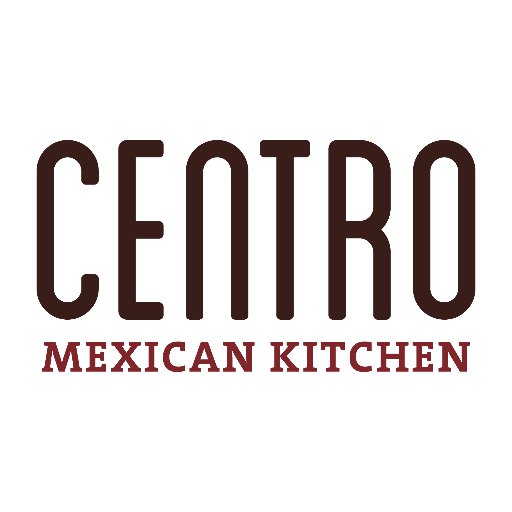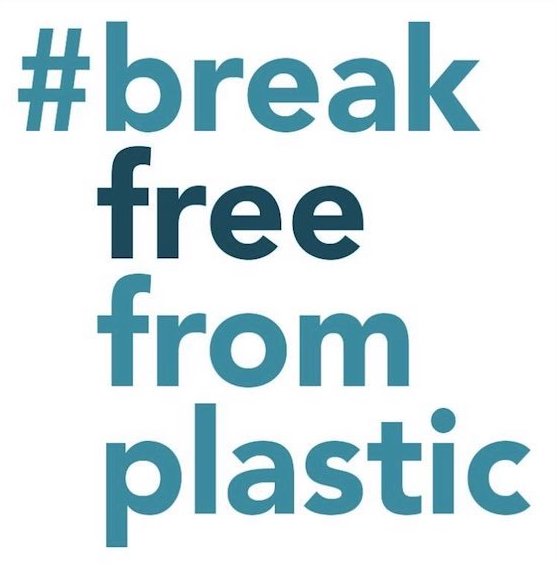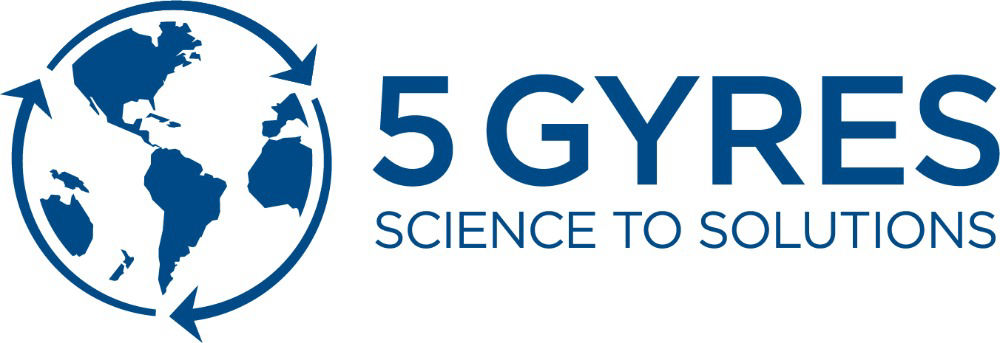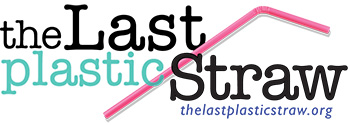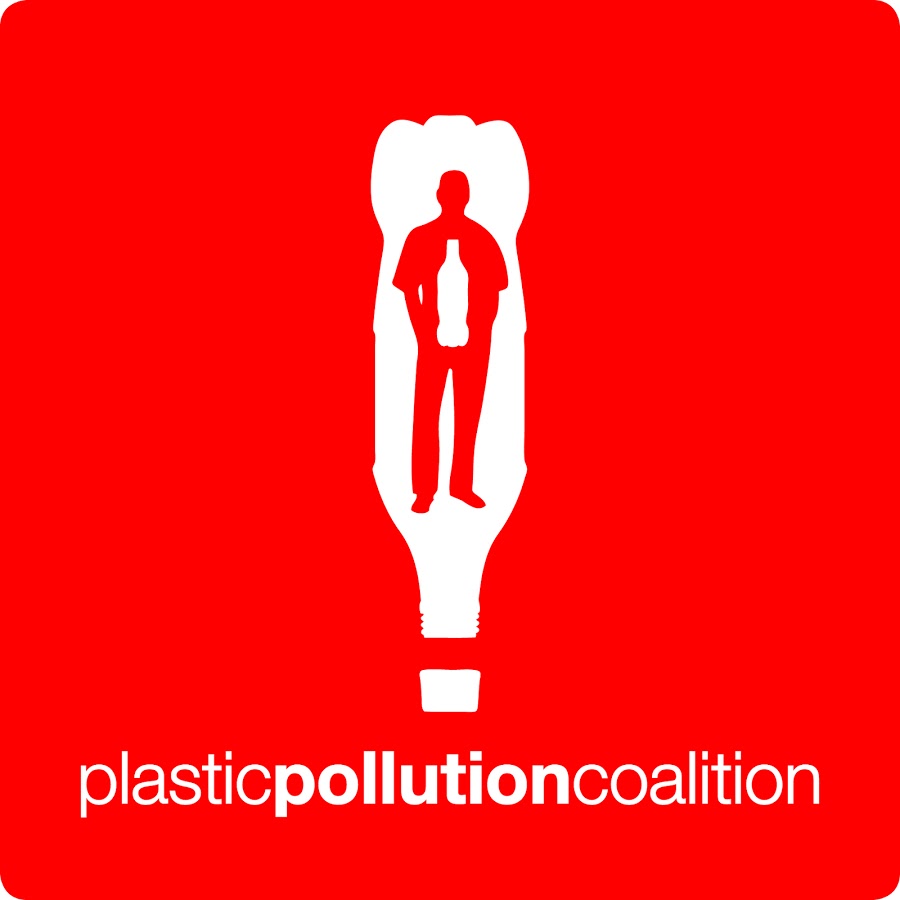Suck the Straws Out
Suck the Straws Out is an educational campaign to decrease the use of plastic straws. We encourage bars, restaurants, businesses, and other establishments to only serve straws upon request, and to offer an eco-friendly or reusable alternative in such cases.
Suck the Straws Out began in Boulder, Colorado in 2016 as Suck the Straws out of Boulder. The City of Boulder uses about 175,000 plastic straws every day. In the United States, we use 500 million every single day - enough to encircle the earth 2.5 times. Many of these straws end up in the environment and in our ocean, where they can cause widespread pollution and be fatal to marine life. Plastic straws are one of the top 10 most common trash items found on beaches worldwide.
500 MILLION PLASTIC STRAWS ARE USED EVERY DAY IN THE US—ENOUGH TO ENCIRCLE THE EARTH 2.5 TIMES
- About the Campaign
- Get Involved
- Take the Pledge
- Participating Establishments
- FAQs
- Resources
- Collaborators
About the Campaign
Our collaborative movement took off when like-minded individuals found strength in numbers.
Many people and organizations have been following national movements and encouraging the reduction of plastic pollution both locally, nationally, and globally. This campaign localizes the movement by targeting individual towns, cities, and states. Our Suck the Straws Out campaign can be modified to include any town, city, or state – for instance, Suck the Straws Out of Boulder, or Suck the Straws Out of Connecticut.
The idea of the campaign came to light when Toula Georgakopoulos, the owner of Taco Junky, a restaurant on The Hill in Boulder, Colorado, stumbled upon a video showing the harm that plastic straws can do to marine life. She thought about how her restaurant might take a small step that would have big consequences. On August 1st, 2016, Taco Junky went straw-free and through Toula’s outreach attracted partners in the community who were also addressing plastic pollution, including the Colorado Ocean Coalition, Shared Paths, and Project Verde Azul. The groups collaborated to create a campaign to eliminate single use plastic straws in the city limits of Boulder.
Since going straw free, Taco Junky has saved 13,000 straws on average per month from entering the waste stream. Change moves outward in ripples, and Suck the Straws Out seeks to bring the empowering message that one small change for every business has a great impact on our waters and the life they support - from our local rivers and streams all the way to the sea.
We are encouraging all restaurants to make the pledge to only serve straws upon request, and to offer paper or reusable alternatives upon request. We invite other cities and states to modify the materials we have provided and to join the campaign. Please see the Take the Pledge and Download Campaign Materials tabs below.
Our first target city was Boulder, Colorado, and we’ve since expanded the campaign to include other cities in Colorado, including Denver and Salida, as well as Connecticut and Utah. We encourage all states and countries around the world to get involved!
General Contact: suckthestrawsout@gmail.com
Colorado Contact: Christine Evans
Connecticut Contact: Nancy Rebold and Pam LaRocca
Utah Contact: Tegan Feudale
Get Involved
Plastic Straw-Serving Establishments
- Make a commitment to stop offering plastic and compostable plastic (e.g. bioplastic) straws in your restaurant. If people ask for a straw, offer a paper or reusable alternative.
- Take the Suck the Straws Out Pledge.
- Use the materials provided in the campaign packet to promote the movement at your restaurant.
- Encourage other restaurants in your area to join!
Individuals and Other Supporters
- The next time you're at a restaurant, simply say, "No straw, please."
- If you want to use a straw, bring a reusable one with you.
- Encourage your favorite restaurants to join the movement.
- Spread the word to your friends and family.
- Take the Pledge that you will say no to plastic and compostable straws.
Download Campaign Materials
Join the Movement
Plastic Straw-Serving Establishments
Individuals, Non-Straw Serving Businesses, Organizations & Other Supporters
FAQs
FAQs for Restaurants and Other Straw-Serving Establishments
Q: Who can participate in the campaign?
A: Any establishment that serves drinks. This includes restaurants, bars, coffee shops, ski resorts, schools, concert venues, stores that host events, dive shops, etc.
Q: How do we join the campaign?
A: Sign the pledge and your local Suck the Straws Out representative will contact you. We will follow up with a welcome letter and a window decal sticker, which we hope you will proudly display this in your restaurant and include our logo on your marketing materials.
Q: How do we advertise that we have joined the campaign?
A: We encourage you to display the campaign materials that will be provided by your local Suck the Straws Out Committee once you sign the pledge. This should include the campaign logo, window decal sticker, and other educational materials. We hope you will display your participation in the campaign on your website, menu, table tops, and other outreach.
Q: Will my establishment save money by joining the campaign? Aren’t paper or other alternative straws more expensive?
A: As straws will only be served upon request, this should greatly reduce the number of straws you are using (estimates show that only 10% of people request a straw if they are not given one). A restaurant that typically serves 300 plastic straws a day will save approximately $725 per year by switching to serving straws only upon request. Furthermore, Aardvark Straws is offering a 50% off discount code on their paper straws for establishments that join the campaign.
Q: What are alternatives to plastic and bioplastic straws?
A: Examples include paper, stainless steel, bamboo, glass, or edible straws (pasta, chocolate).
Q: Can we serve bioplastic (compostable plastic) straws?
A: No. Part of the pledge is no plastic or bioplastic within six months of signing the pledge. When all aspects of their life cycle are taken into account, it is hard to maintain that bioplastics are more environmentally friendly than traditional plastics. Some reasons include:
- Availability of composting facilities: Bioplastics require high-heat industrial compost facilities to break down, which are not available in most parts of the country. If bioplastics end up in the environment or a landfill, there is little difference between them and plastic straws.
- They can contaminate recycling: Like plastic straws, they are not recyclable and when not disposed of properly can contaminate batches of recycled plastic and harm recycling infrastructure.
- Land use: Many bioplastics are made out of corn and other food crops and therefore compete with food production. Plastic Pollution Coalition estimates that 3.4 million acres of land would be needed to meet the growing demand for bioplastics by 2019--an area larger than Denmark, the Netherlands, and Belgium combined.
- Pesticides and herbicides: Industrial agriculture is one of the largest polluters of water on the planet, and is heavily dependent on fossil fuels. Growing the crops necessary for bioplastics requires large amounts of pesticides and herbicides, and the farm equipment and machinery needed to grow these crops require large amounts of fossil fuels.
- Methane emissions: If compostable straws end up in a landfill (as they would in most of the country because there is not have the infrastructure to deal with compostable materials), the straws emit methane—a far more potent greenhouse gas than CO2—as they start to slowly break down.
- Expense: Bioplastics can be 20-50% more expensive than similar materials.
There may still be hope for bioplastics in the future as more scientists, researchers, and manufacturers find more environmentally friendly ways of producing them. However, we cannot in good conscience support the use of bioplastics as they now are.
Q: What is the timeline for getting rid of plastic/bioplastic straws?
A: 6 months from the time an establishment signs the pledge.
Q: Where can I get these alternatives?
A: Visit https://www.aardvarkstraws.com/distributors/
- Eco-Products for Boulder: https://www.ecoproducts.com
- Team-Packaging for Denver: http://www.teampkg.com/packaging-solutions/packaging-products/
- Western Paper Distributors for Denver: http://www.western-paper.com/co-catalog
- Distributors for Inland Ocean Coalition chapter locations
Q: What should we do with our current inventory of plastic straws?
A: We encourage you to not landfill or recycle them (they are not recyclable). We can pick them up for you if you are in Boulder, Colorado. We have plans with a local artist to turn them into an art project to educate people about the problem of plastic pollution. For establishments in other locations, you are encouraged to come up with other creative ways of using them as an educational tool. You may also continue to serve your plastic straws upon request only until 6 months after your establishment has signed the pledge.
FAQs for Campaign Committees in Participating Locations
Q: Where online are the logos and flyers?
A: They can be found in our Campaign Materials folder on Google Drive.
Q: How do we customize them for our locality?
A: Email Christine Evans at cevans@inlandoceancoalition.org to change the name on the Suck the Straws Out logo to your city, county, or state. The Inland Ocean Coalition will then put your logo on campaign materials and share them with you via email and the campaign folder on Google Drive. You can customize them for your particular location; we simply ask that you use the Suck the Straws Out logo somewhere on the materials.
Q: Which logos should we use?
A: As a participating location in the campaign, our Suck the Straws Out logo must be used on any campaign materials. You are free to create your own materials for your local campaign with the campaign logo and have them approved by the Suck the Straws Out Campaign Committee.
Local campaigns are encouraged to display the logos of our national partners to strengthen the credibility of the campaign and are free to use the logos of local collaborators (if applicable). For instance, the campaign in Boulder, CO has the logos of local collaborations like Shared Paths, Taco Junky, Project Azul Verde, and Earth Guardians in addition to the national collaborators.
FAQs for Campaign Community Leaders
Q: What is a community leader?
A: A volunteer who’s willing to take a leadership role on establishing a Suck the Straws Out Committee in their community. They will work closely with the Inland Ocean Coalition to get the campaign established in their area and to facilitate involvement of establishments that join the campaign. There can be multiple community leaders in a given community.
Q: What are my responsibilities as a community leader?
A: Keep track of establishments that have been contacted about the campaign and any further follow-up so as not to duplicate efforts. The campaign has a spreadsheet template that can be shared with locations to track local progress. Community leaders should also create a spreadsheet in the Campaign Materials folder with names and contact info of all community leaders and volunteers involved in your local campaign. Other responsibilities include making sure the campaign Welcome Letter goes out to establishments that sign the pledge (or ensuring a volunteer does this) and to manage all volunteers in your jurisdiction.
Q: Who can I contact with questions?
A: Christine Evans, Campaign Manager: cevans@inlandoceancoalition.org.
FAQs for Volunteers
Q: How do I track the status of establishments that have been approached about the campaign?
A: Volunteers can track this through the spreadsheet that will be created by your campaign community leader; as a volunteer you should know who your community leader is. Contact Christine Evans with any questions.
Q: How can I see whether an establishment has officially signed the pledge?
A: Check the Suck the Straws Out page under Participating Establishments to see whether particular restaurants have signed the pledge.
Q: What are the guidelines for contacting establishments?
A: Make sure you’re comfortable discussing the problems of plastic pollution, why it’s beneficial for restaurants to stop serving plastic straws, and general information about the campaign in case your point of contact has questions. You should be able to get a good handle on these questions if you are unsure of the answers by visiting the campaign website. Also, make sure to bring the campaign postcard with you.
Q: Can individuals sign the pledge?
A: Yes! We have a separate pledge for individuals, organizations, and business that don’t serve plastic straws but who would like to show their support for the campaign.
Q: How do I follow up once an establishment signs the pledge?
A: Make sure you add the establishment to your local community’s spreadsheet and inform your community leader. If you know an establishment has signed the pledge, check the Suck the Straws Out website to make sure the logo is featured under Participating Establishments. If an establishment has pledged to stop using plastic straws within six months make a note of this on your spreadsheet tracking restaurant involvement and be sure to follow up to ensure compliance with the campaign.
